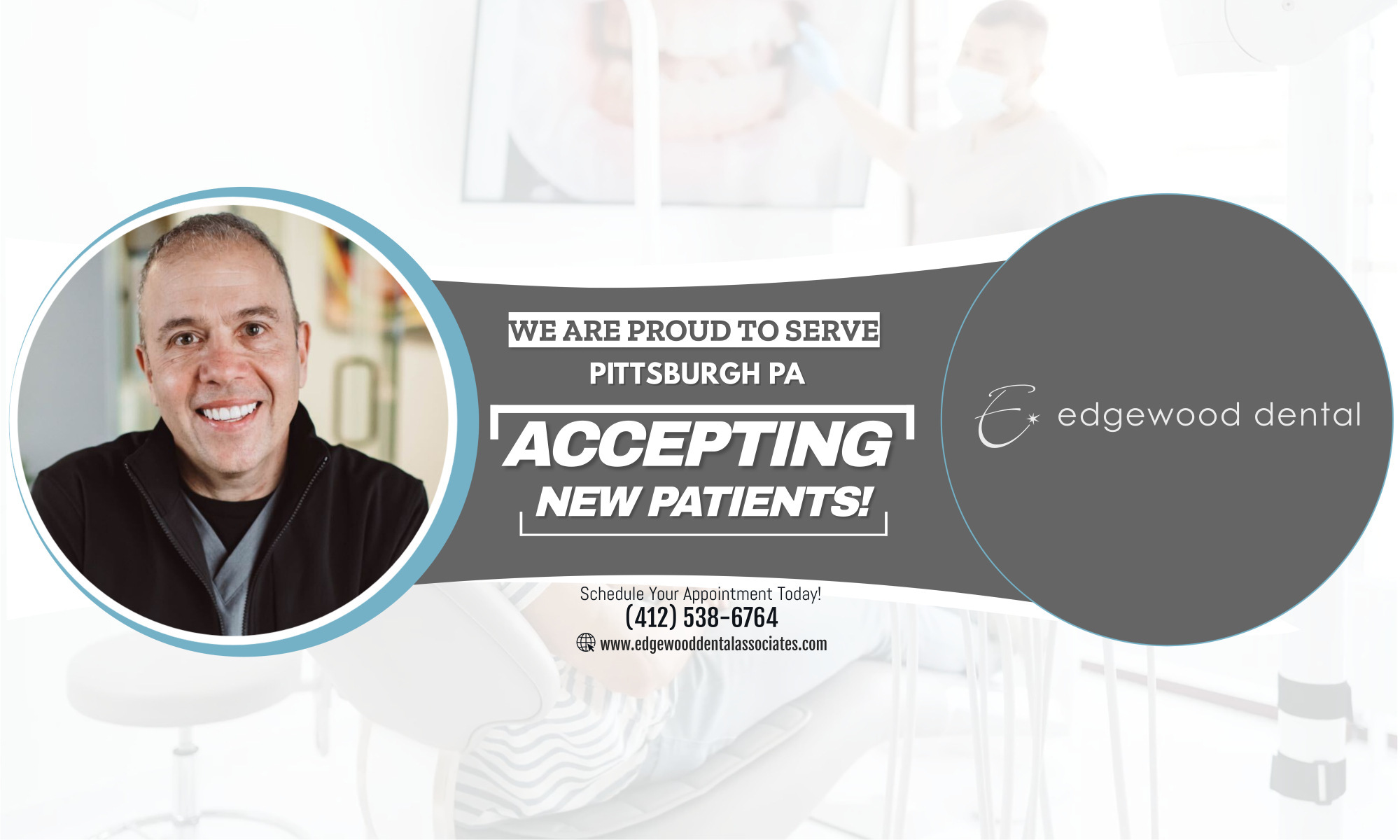Osteoporosis is a disease that weakens bones and increases the risk of fractures.
It affects about 10 million Americans – of whom 8 million are women – and another 34 million are at risk of developing it.
So this is a disease that affects more women than cancer, heart disease and stroke combined.
But what does it have to do with your dental care?
Well, many people in these categories are treated with a group of prescription drugs called oral bisphosphonates. Studies have reported that these drugs reduce bone loss, increase bone density and reduce the risk of fractures.
But some people have been alarmed and confused by recent news reports about oral bisphosphonates because of uncommon complications that have been linked to these drugs.
The drugs have been associated with osteonecrosis of the jaw (ONJ), a rare but potentially serious condition that can cause severe destruction of the jawbone.
The true risk posed by oral bisphosphonates remains uncertain, but researchers seem to agree that it appears very small.
Given the risks associated with osteoporosis and the proven benefits of oral bisphosphonate therapy, you should not stop taking these medications before discussing the matter fully with your physician.
If your physician prescribes an oral bisphosphonate, it’s important to tell your dentist so that your health history form can be updated.
In this case, some dental procedures, such as extractions, may increase your risk of developing ONJ, so your dentist needs to be able to take your full health picture into account.
